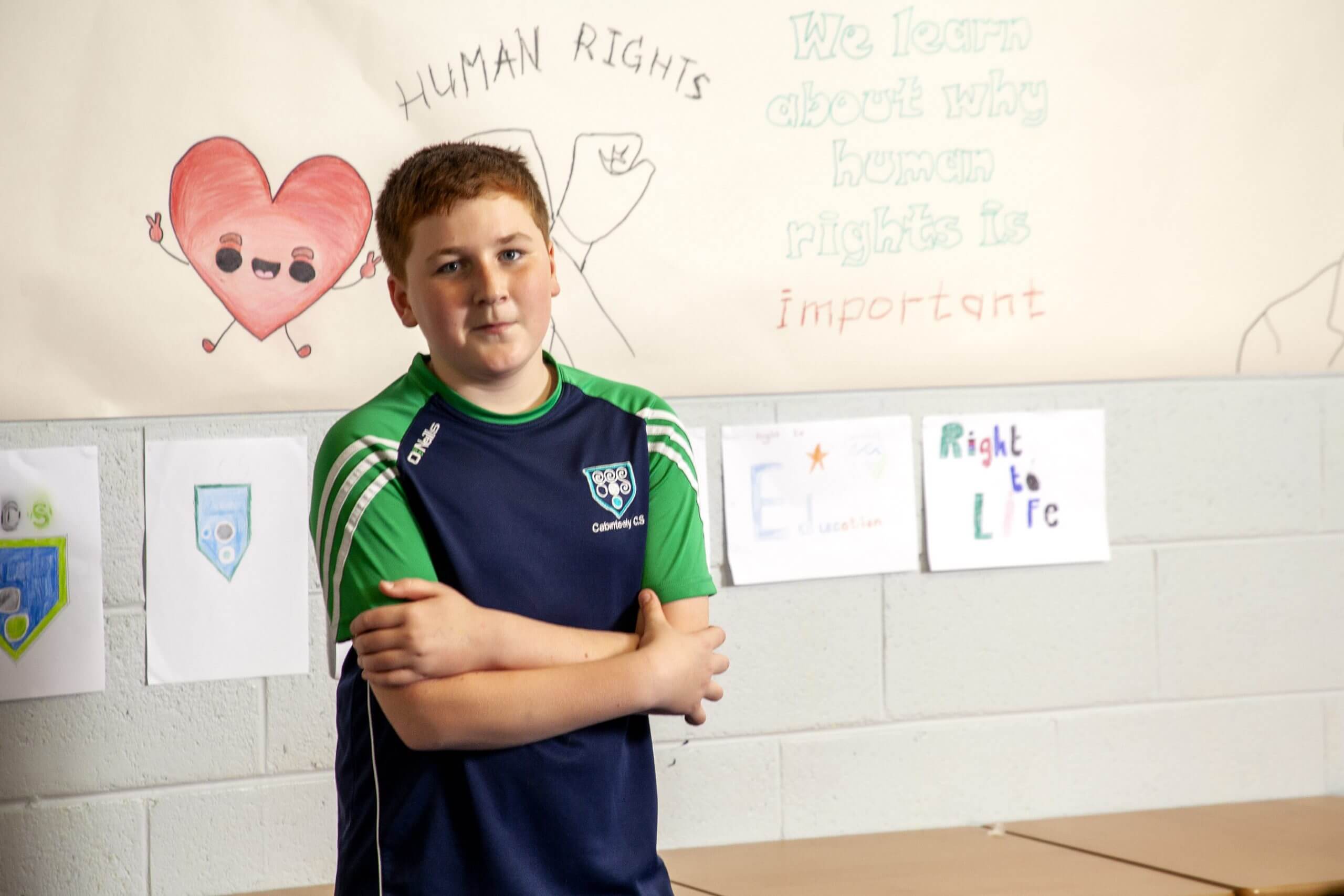

The Care Team is a multi-disciplinary group of teachers and other staff and is responsible for putting supports in place to ensure the physical and mental wellbeing of students in the school. It includes the Principal, the Deputy Principal, the Home School Community Liaison teacher, the Chaplain, the Behaviour for Learning teacher, the Special Educational Needs Coordinator and the Guidance Councillors.
School Chaplains are a faith presence in the school community and are available to all students and staff. CCS has a full time Chaplain on staff. The Chaplain meets and supports students when referred by management, year heads or as required as various situations/issues arise.
As part of the ongoing commitment to supporting our students the school employs a psychotherapist who attends the school for one full day per week.
The role of the two Guidance Counsellors is to support, encourage, advise and provide information for students to assist them in making life/career choices through counselling.
These choices cover three broad dimensions:
Cabinteely Cs introduced Art Therapy for one day a week recently and have found that our students have responded very well to the non-talk approach to counselling. Students are referred to the Art therapist by the Care Team and year heads.
Our Anti-Bullying Policy was drafted in consultation with students, teachers, parents and staff and was ratified by the Board of Management in December 2021. The focus for our Anti-Bullying Campaign for 2021-22 was to reduce name-calling, which was seen by students as the most prevalent form of bullying in the school. The students compiled lists of bullying language that was common and these were included in our Anti-Bullying Policy.
Students told us that they wanted name calling in class dealt with privately after the incident and wanted both the name caller and the targeted student(s) spoken with and the matter referred to the relevant year head for follow up. A survey at the end of the year indicated that 65% students noticed a reduction in name calling and a similar number felt that teachers were more actively dealing with name calling when it occurred as a result of the campaign.
We consulted with students in 2022-23 on the area of racial bullying. We are a school in which thirty different countries are represented and we wanted to hear from our students about whether students born outside of Ireland experienced any negative behaviour on the basis of their race. The data has been interesting, so much so that we have decided to continue this focus into 2023-24 and to continue this student led campaign for another year.
The following table shows the agreed approach to reporting bullying by staff. All incidents must be reported.
When a student indicates directly or indirectly to you that they are being bullied, or in any way mistreated by another, please follow these procedures: